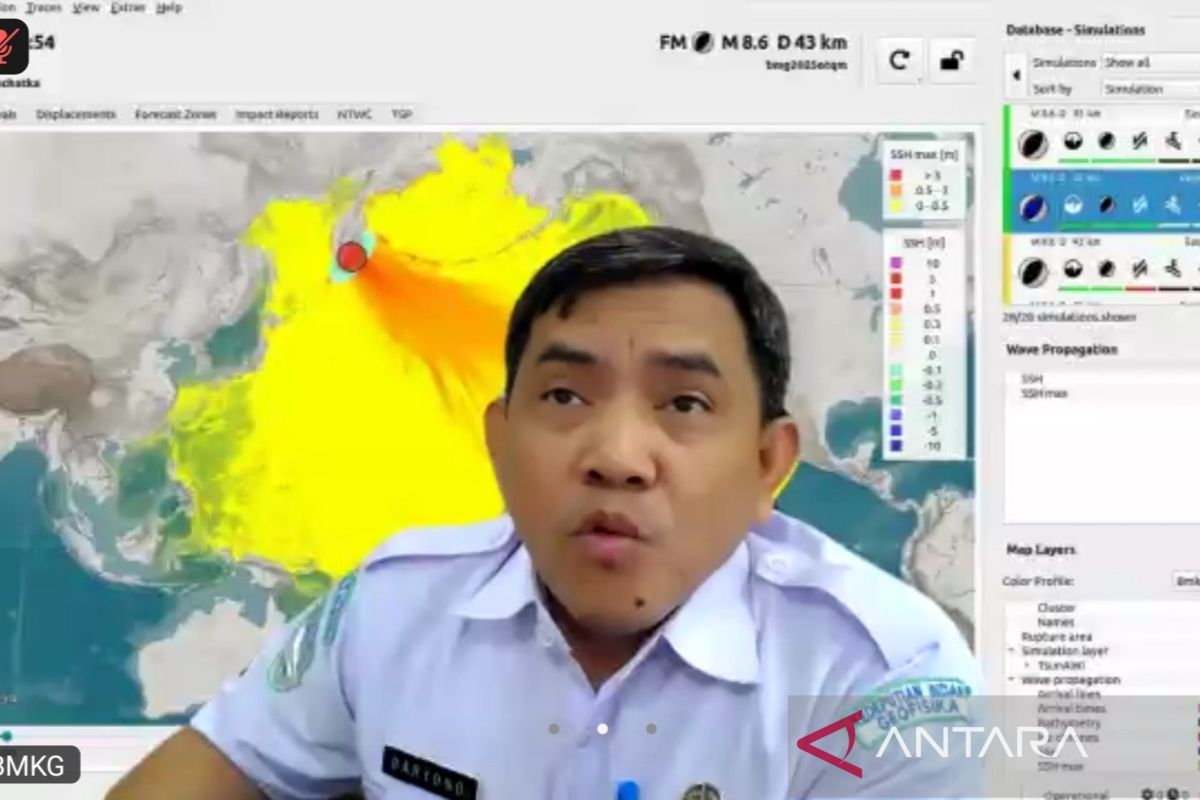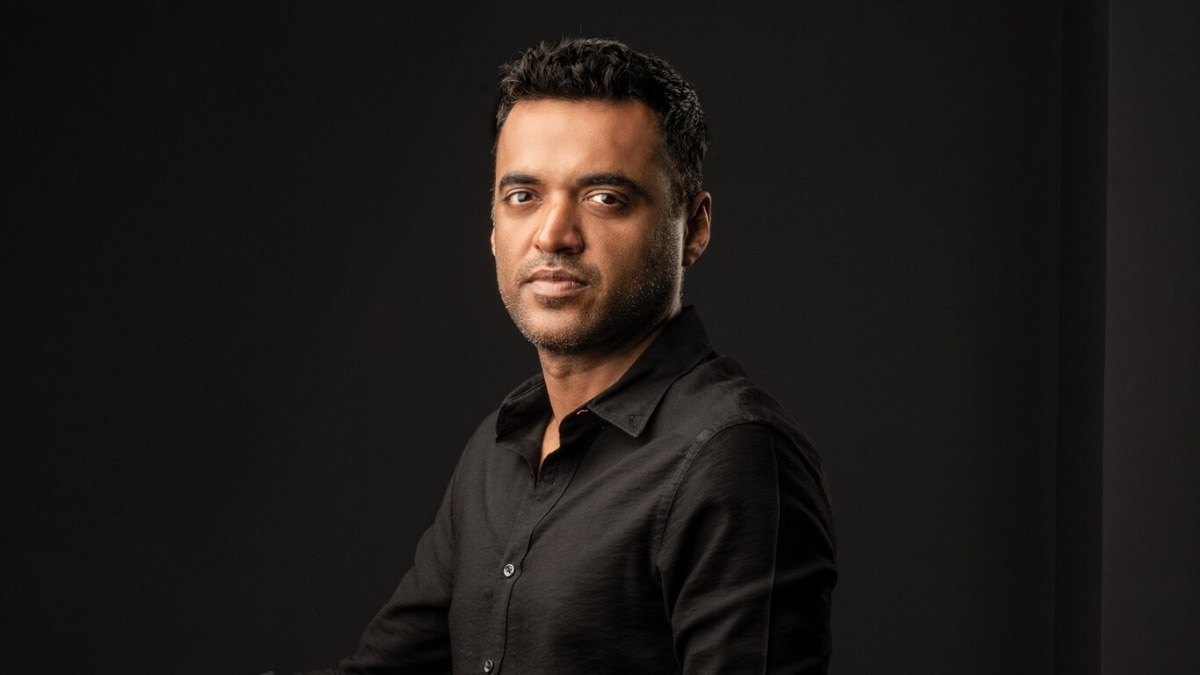“The large earthquake, which also triggered a tsunami, should not be seen as merely a local disaster,” an earthquake expert from the Bandung Institute of Technology (ITB), Professor Irwan Meilano, said here on Thursday.
As ITB’s Vice Rector for Academic and Student Affairs, Meilano emphasized that the incident should be treated as a serious cautionary signal for all nations in the region.
“This earthquake occurred in a seismic gap zone—an area with a history of major quakes but one that had been inactive for a long time. It was a time bomb that finally exploded,” Meilano explained.
He noted that Kamchatka shares tectonic characteristics with Indonesia’s western Sumatra and southern Java regions, both of which have not experienced major earthquakes in over 50 years.
Given these geological similarities, Indonesia faces comparable risks that demand proactive preparation, he added.
According to Meilano, the most alarming threat from such events is the potential for tsunamis.
Waves up to 60 cm were recorded off Japan’s northern coast following the Kamchatka quake.
“This shows that the wave energy traveled a great distance, reaching eastern Indonesia within 8 to 10 hours of the earthquake,” he said.
While Kamchatka is sparsely populated, the incident underscores the critical importance of mitigation efforts and early warning systems. Japan once again demonstrated strong preparedness, particularly through its pressure- and tidal-based tsunami detection system.
“Japan doesn’t rely solely on simulation models. Their system includes real-time observational tools, which enable them to issue accurate and timely warnings,” Meilano explained.
He urged Indonesia to treat the Kamchatka quake as a wake-up call to accelerate the development and modernization of its own early warning systems.
As a country situated along an active megathrust fault line, Indonesia must focus on readiness grounded in science and technology, not just post-disaster responses. The looming threat of a megathrust earthquake remains real, especially in southern Java and western Sumatra.
“The Kamchatka event proves that preparedness is not optional—it’s essential,” Meilano stressed.
“Don’t wait for a disaster to act. Indonesia must emulate Japan’s consistency, perseverance, and long-term commitment to mitigation,” he concluded.
Related news: Indonesia confirms no citizens affected by massive Rusia earthquake
Related news: BMKG lifts tsunami alert after Russia’s Kamchatka earthquake
Translator: Ricky Prayoga, Aditya Eko Sigit Wicaksono
Editor: M Razi Rahman
Copyright © ANTARA 2025








